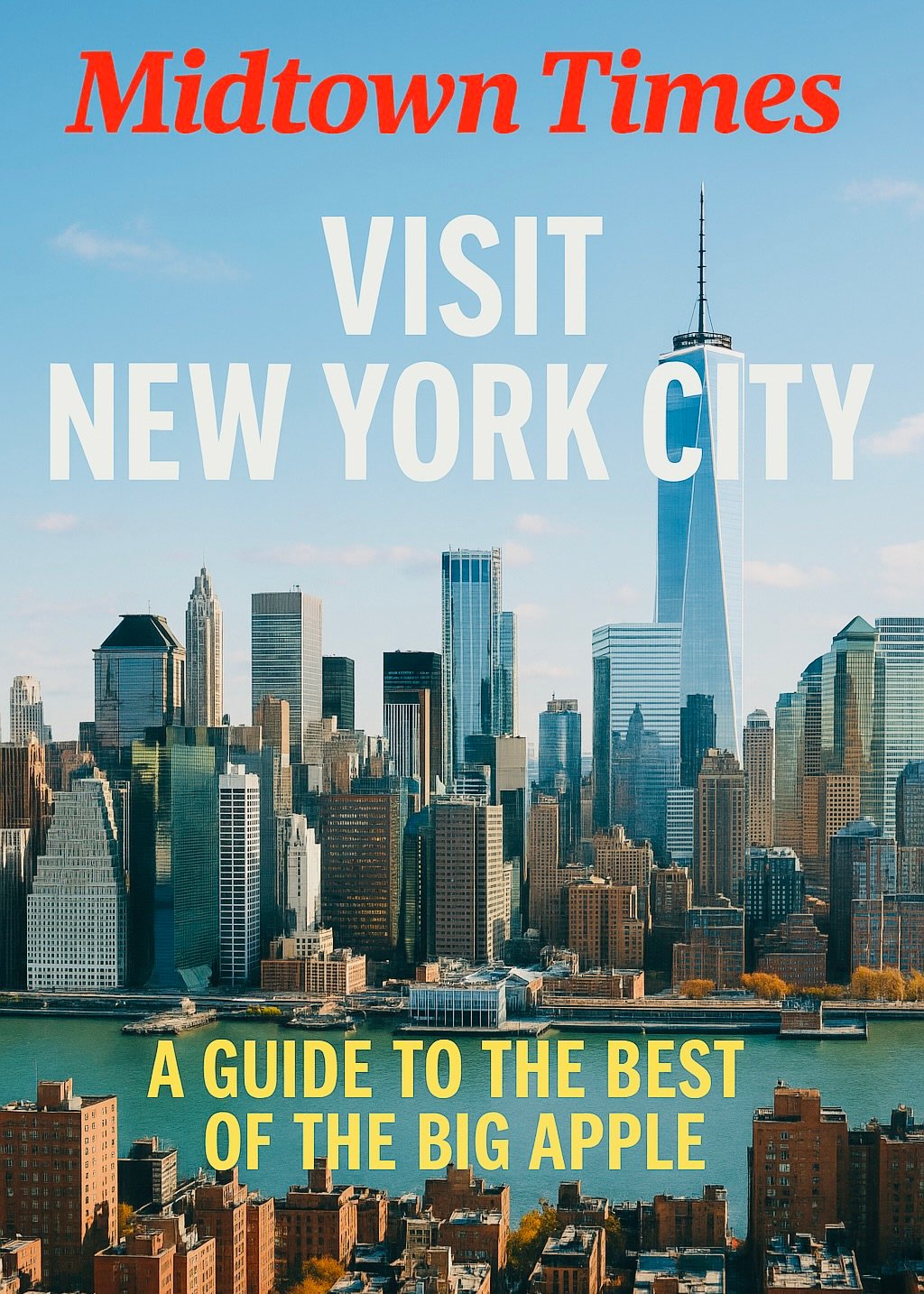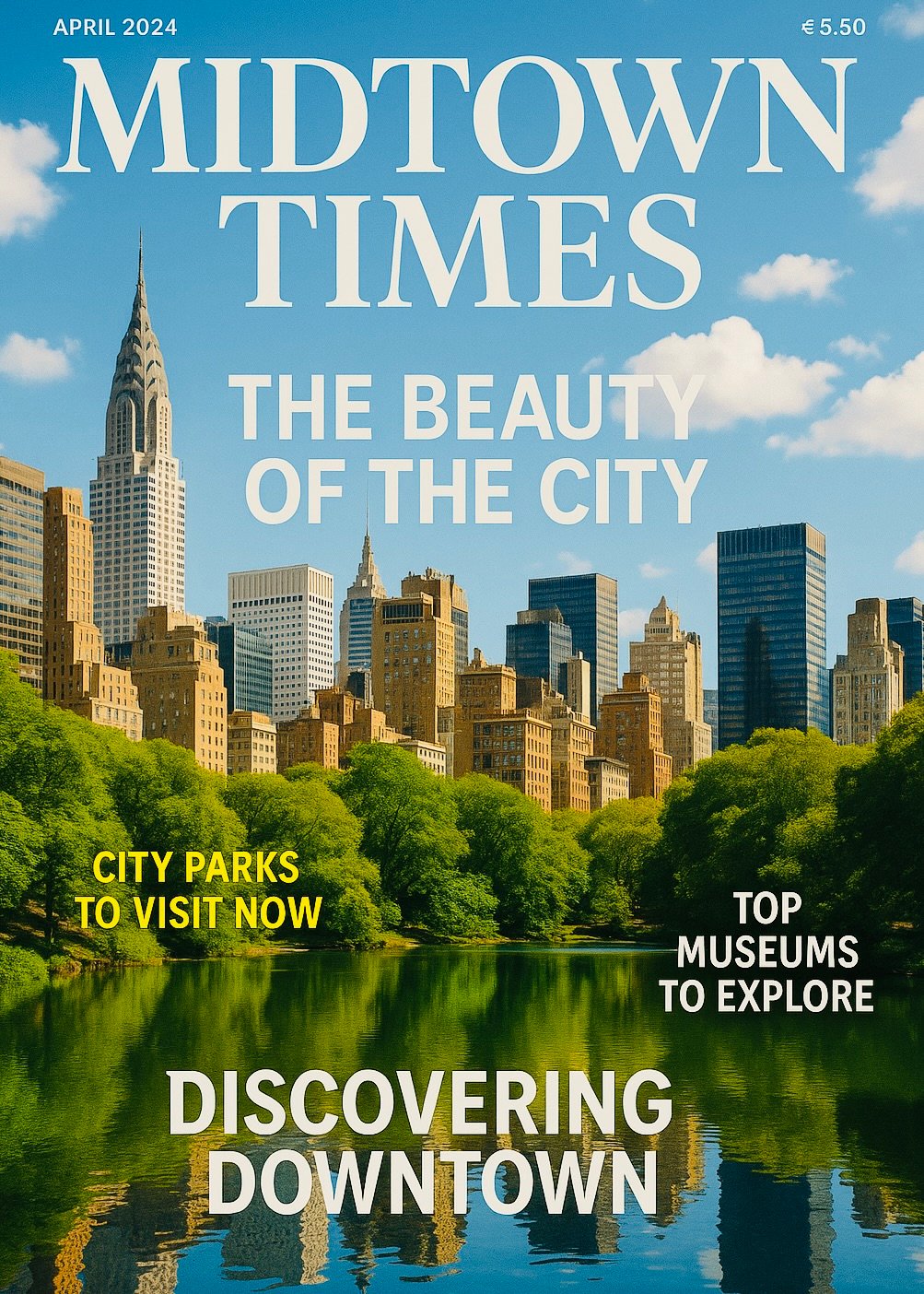MANICA, MOZAMBIQUE — In the rugged hills of Manica province, just across the border from Zimbabwe, hundreds of men spend their days digging for gold and precious stones. Armed with little more than picks and shovels, they risk injury, arrest, and long hours of grueling labor. For them, the promise of striking gold is worth the danger.
The miners, known locally as garimpeiros, come from across southern Africa, including Mozambique, Zimbabwe, and Malawi. Some, like Fernando Massada, have tasted extraordinary luck. Massada recalled once pulling 270 grams of gold in a single day, enough to renovate his home and buy a motorbike. “That’s why it’s not easy for us to walk away,” he explained.
A Vital but Illegal Lifeline
Artisanal mining has surged in Mozambique since the late 1980s, when the closure of commercial gold operations left farmers and migrants searching for other means of survival. Today, about 230,000 Mozambicans are involved in small-scale mining, according to the National Statistics Institute, with Manica province alone hosting nearly 300 sites.
For many, the work is unpredictable. “It depends on luck,” said Zimbabwean miner Simon Chibata, who has lived in Mozambique since 2015. A father of seven, Chibata often spends a week at the mines, where gold buyers pay $69 per gram on-site, far less than the $116 offered in town. But miners prefer the quick transactions, fearing police encounters if they try to sell in Manica town.
Dangerous Work and Deadly Collapses
The pursuit of gold frequently turns tragic. In June, three miners were killed in a mine collapse. With no protective gear, workers face daily hazards underground. Another danger comes from the widespread use of mercury, a toxic substance used to separate gold from rock. When burned, mercury vapors poison the air, soil, and water.
The World Health Organization lists mercury as one of the most hazardous threats to human health, capable of damaging the nervous system, liver, and kidneys, and causing birth defects. Globally, small-scale gold mining is responsible for up to 40% of mercury emissions, the United Nations estimates.
A Growing Environmental Crisis
The effects of mining stretch far beyond the pits. Researchers at Pungue University found in 2022 that soil mercury levels in Manica have risen sharply. Rivers such as the Revue, Nhancuarara, and Mucurumadze are now polluted and choked with silt, disrupting farming, fishing, and even water supplies.
The Revue River, which feeds the Chicamba Hydroelectric Dam and provides water to surrounding communities, has been especially affected. “These activities pollute river ecosystems, threatening health and agriculture alike,” said environmentalist Rui Silva.
Residents are already feeling the impact. Marta Arminda, a mother of five, used to grow vegetables with river water. Now, the silt-choked streams leave her crops withering. Instead, she sells food to miners, a meager substitute for her former livelihood. Similarly, about 500 fishermen have abandoned their trade, citing declining fish stocks in the dam and rivers.
The Pull of Poverty
Despite the health and environmental toll, artisanal mining continues to draw people desperate for income. Malawian miner Tembo Mucanha said he briefly returned home in 2019, but the economic hardships worsened by the COVID-19 pandemic forced him back. “This is all I know,” he admitted. “Here, at least, I feel I have a profession that gives me decent money.”
Authorities have acknowledged the dilemma. Former Minister of Mineral Resources and Energy Carlos Zacarias admitted that many Mozambicans rely on illegal mining for survival, even if it ignores safety and environmental laws. Still, little progress has been made to regulate the sector.
For the garimpeiros of Manica, the gold rush is a double-edged sword: a fragile hope of prosperity bound tightly to a landscape scarred by pollution, danger, and uncertainty.
Story by the Midtown Times, adapted from JP Times | Hundreds of miners across Mozambique extract gold on plots rented from local landowners. | REUTERS


